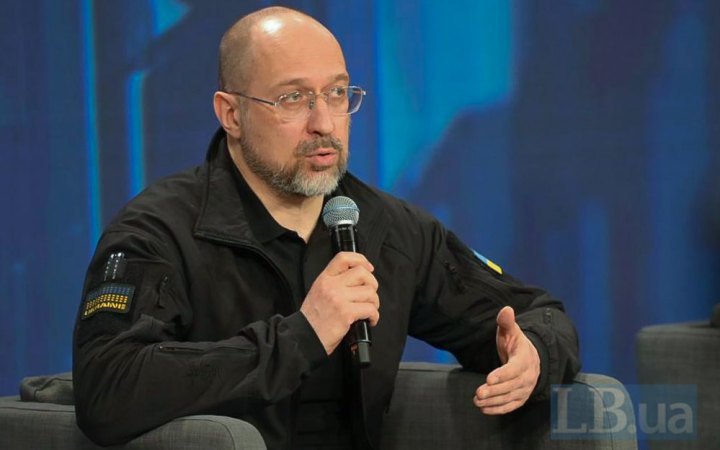Prime Minister Denys Shmyhal said that the sanctions imposed by Ukraine would not be lifted. This refers to the restrictive measures against Lukoil, which Hungary and Slovakia are protesting against.
Shmyhal noted that Ukraine has insisted and continues to insist on the need to refuse from Russian oil as much as possible.
"Because Russia and energy security are not compatible. All countries understand this and most are acting. The EU has allowed Slovakia and a number of other countries to use Russian oil on the condition that they actively develop alternative supply channels. Most of them are doing so," the Ukrainian Prime Minister said.
Shmyhal stressed that Ukraine remains a reliable transit country for "all countries that value freedom and the rule of law" and is fully implementing the Association Agreement with the EU.
"The sanctions imposed by the National Security and Defence Council of Ukraine do not pose a threat to the energy security of Slovakia and Europe as a whole, which is why their cancellation is not a subject of discussion. Therefore, we have a full understanding of Brussels in this matter... Once again. The sanctions imposed by Ukraine do not pose a threat to Slovakia's energy security," the prime minister stressed.
Shmyhal responded to Slovakia's threats to block diesel supplies.
"Slovakia is our reliable partner, from whom we do not expect blackmail or threats. Because threatening Ukraine, which is defending itself against the aggressor, so that the terrorist state can continue to earn its bloody excess profits is a dubious path," the Prime Minister stressed.
Shmyhal added that they had agreed with the Slovak side to hold another intergovernmental meeting in October.
- Russia's Lukoil came under Ukrainian sanctions back in 2018. However, these restrictions prohibited Russians from withdrawing capital from Ukraine, participating in the privatisation of property, or trading in it.
- In June of this year, the National Security and Defence Council significantly expanded the restrictive measures and, as a result, Kyiv stopped the transit of Lukoil's oil products through the Druzhba pipeline. However, Naftogaz explained that the new restrictions did not stop oil transit. According to Naftogaz's CEO, "there is no Lukoil oil in transit, but the volumes are the same".
- Read more about the conflict in the article "Ukraine did not stop oil transit: what the Kremlin's friends in the EU are up to" on LB.ua.
- Hungary and Slovakia reacted sharply to this step.
- So far, the European Commission has put on hold the request of both countries to call on Kyiv to lift sanctions against Lukoil.
- Meanwhile, Slovak Prime Minister Robert Fico has already had two telephone conversations with his Ukrainian counterpart Denys Shmyhal.
- On 30 July, a spokesman for the Ukrainian Foreign Ministry said that Ukraine was ready for consultations with the European Union on the situation around Lukoil.








